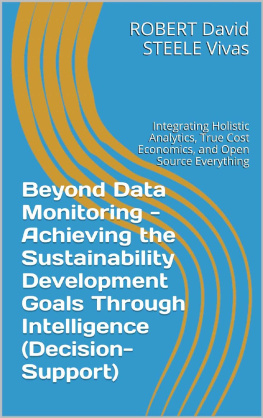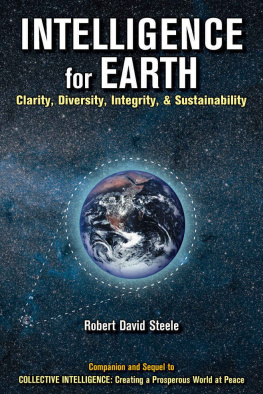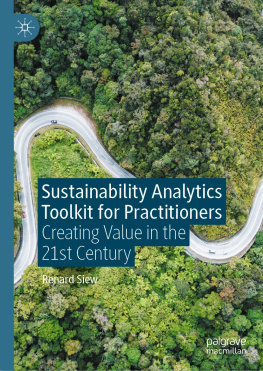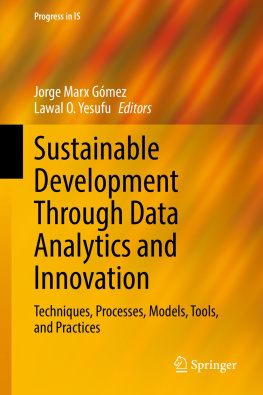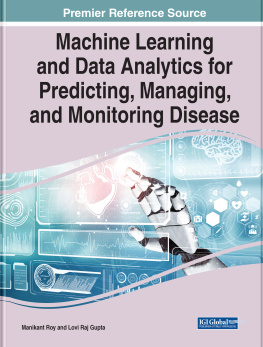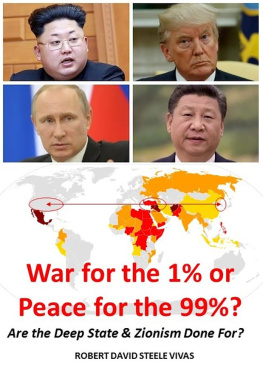Beyond Data Monitoring Achieving the Sustainability Development Goals Through Intelligence (Decision-Support) Integrating Holistic Analytics, True Cost Economics, and Open Source Everything Background Research Paper |
Earth Intelligence Network |
Submitted to the High Level Panel on the Post-2015 Development Agenda Document Online at http://tinyurl.com/EIN-UN-SDG . |
This paper reflects the views of the author and the submitting organization (Earth Intelligence Network) and does not represent the views of the Panel. It is provided as background research for the HLP Report, one of many inputs to the process.
14 October 2014
Executive Summary
As the United Nations (UN) contemplates its most important new economic and social initiative, the seventeen new Sustainability Development Goals (SDG), to be manifest in the Global Sustainable Development Report and related UN System activities, it is essential that the Secretary-General be afforded an opportunity to recognize the radical changes that are taking place in the external environment and how the UN can capitalize on them to accelerate achievement of the SDGs.
At a time when The UN is focused on data as a statistical artifact necessary to monitoring the current state and future progress, the world is experiencing the five stages of collapse identified by Dmitry Orlov: financial, commercial, political, social, and cultural. Monitoring is necessary but insufficient if the UN is to stabilize stop this systemic collapse, and enable achievement of the SDGs.
Beyond data monitoring and a reliance on modest donor promises, many of which will fail to materialize there is a brilliant world of holistic analytics, true cost economics, and open source everything engineering. This approach pro-active and centered on ethical evidence-based decision-support could if implemented within the UN with a fraction of the promised funding for the SDGs mobilize vastly greater resources; speed implementation of the seventeen SDGs, and therefore support the mission of the UN and its Member States in a manner much more effective than now possible.
Secretary-General Ban Ki-moon has since 2012 been seeking a solution a tangible foundation for moving beyond Government in harmonizing understanding, spending, and outcomes in relation to the UN Mission particularly the SDGs. Intelligence (decision-support) is the means by which the UN can illuminate true costs, educate the public, eradicate corruption, and harmonize field effect.
The reality is that the Specialized Agencies (SA) and their information stove-pipes as well as their human networks are far removed from useful access and exploitation by the core elements of the UN responsive to the Secretary-General. Similarly, the data silos of all other organizations scattered across the eight information tribes that must be brought together to achieve hybrid governance (academic, civil society including labor and religion, commerce especially small business, government especially local, law enforcement, media, military, and non-government/non-profit) are all beyond any possible UN construct for near-real-time big data monitoring and sense-making.
A human-centric United Nations Open-Source Decision-Support Information Network (UNODIN) is proposed as a counterpart to the established data monitoring capability. UNODIN offers an opportunity, at very low-cost , to mobilize donations from over one hundred billionaires seeking impact investments far beyond the capabilities of the thousands of smaller lesser non-governmental organizations while also helping tens of thousands of Chief Executive Officers (CEO) redirect their corporate spending in favor of sustainable profits that are directly tied to the seventeen SDGs.
By using intelligence (decision-support) to educate local to global publics away from unsustainable products, services, policies, and behaviors, and by promulgating open source everything solutions within each of the SDGs, the UN will accomplish its mission its specific goals faster, better, cheaper than anyone might have imagined. We must create an education-intelligence-research revolution.
Such a revolution would place the UN via UNODIN at the center of a global to local network of humans able to leap-frog past the obstacles inherent in data monitoring, able to achieve near-real-time understanding, self-governance, localized enforcement, and most importantly, localized self-sustainability. By combining a holistic analytic model useful at all levels, a commitment to rapidly documenting and promulgating true cost economic information, and a leadership role in creating open source everything engineering solutions relevant to each aspect of each SDG, the UN would become the catalyst for a financial, commercial, political, social, and cultural revolution. Nothing less will do.
Table of Contents
Table of Figures
Beyond Data Monitoring Achieving the Sustainability Development Goals Through Intelligence (Decision-Support) Integrating Holistic Analytics, True Cost Economics, and Open Source Everything
Earth Intelligence Network
October 2014
Introduction
The present path of the Independent Expert Advisory Group (IEAG) on Data Revolution for Development is focused on data as a statistical artifact necessary to monitoring the current state and future progress of seventeen Sustainable Development Goals (SDG). Building upon The Report of the High-Level Panel of Eminent Persons on the Post-2015 Development Agenda , A NEW GLOBAL PARTNERSHIP: Eradicate Poverty and Transform Economics through Sustainable Development (30 May 2013), the IEAGs efforts should contribute substantially to the Global Sustainable Development Report now in prototype (1 July 2014). However, as we all contemplate what portion of the pledged $2.3 billion may materialize, two observations can be made relevant to strengthening existing and establishing new UN capabilities.
First, the actual cost of achieving the seventeen SDGs via traditional means is at least $230 billion a year, when we spend as an aggregate of Member States no less than $1.3 trillion a year on training, equipping, and organizing military forces. There is plenty of money available for achieving the SDGs , but absent a major shift in public and organizational consciousness, such remediation is highly unlikely, even with growing public awareness of climate change and of Ebola as a representative infectious disease.

Figure 1: Relative Costs of War versus Costs of SDGs - Plenty of Money Mis-Spent
Second, and in the above context, the $2.3 billion thats has been pledged is insufficient to achieve anything tangible against the varied SDGs but and this is a most positive observation it could easily fund a United Nations Open-Source Decision-Support Information Network (UNODIN) able to educate billionaires and Chief Executive Officers (CEO) as well as Member States and populations at large.
This background paper presents an alternative path for the money and the process. This alternative path strengthens the present endeavor , which should continue as the monitoring half of the process. This alternative path makes it possible for the UN to increase the amount of money it can influence. Building on earlier and most stellar Reports within the UN System notably those dealing with Peace Operations, Threats, and Coherence this alternative makes it possible for the UN to monetize vast troves of distributed information, to convert information into actionable collective intelligence, and through this new means, influence upwards from $250 billion dollars a year in both positive (interventionist open source engineering) and negative (buycott) spending.

